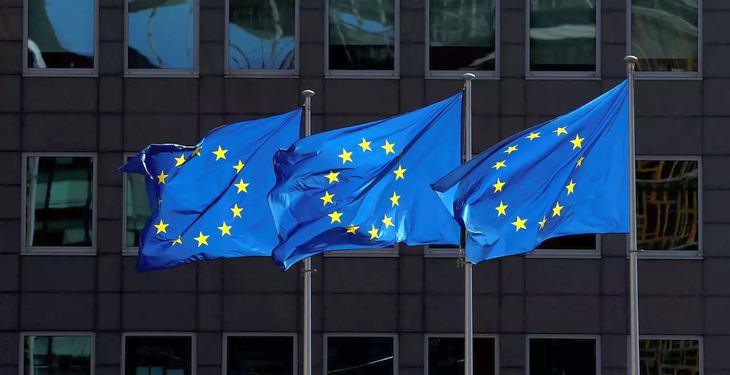The leaders of the European Union and of the other EU institutions reached an agreement during the European Council meeting on the approval of the multiannual budget and the post-pandemic Economic Recovery Plan. Charles Michel, President of the European Council, has announced that this has opened the way to “implement and build back our economies. Our landmark recovery package will drive forward our green & digital transitions.”
The decision was taken five months after the adoption of the European financial mechanism and after three weeks of intense blockade by Hungary and Poland. The two countries contested the introduction of sanction measures for non-compliance with the EU rule of law and blocked the procedure for approving both the EU budget for the period 2021-2027, worth EUR 1.074,3 billion, and the EU Economic Recovery Plan, worth EUR 750 billion.
EU leaders accepted on 10 December the compromise reached between Germany and Hungary and Poland; it committed the Commission not to launch a sanction procedure against any member states until the European Court of Justice rules on the legality of the mechanism, as Hungarians and Poles intend to challenge it. This delay would serve Hungary PM Viktor Orban to obtain some breathing space ahead of the Hungarian elections of 2022, as a EU ruling could come after the vote, writes euroactiv.com. “But the mechanism will still apply retroactively from 1 January 2021, once there is a EU court ruling, and as it was initially agreed by governments and the European Parliament.”
In total, up to €1.8 trillion will be spent by 2027 to boost the EU’s economy in the face of the COVID-19 pandemic and, at the same time, to make European economies more sustainable and digital, partly thanks to the €750 billion recovery fund. After the negotiations earlier this year, Romania obtained 79,9 billion euros, which consists of its part of the European funds in the 2021-2027 multiannual budget (46,4 billion euros) and the money set aside for Romania in the Economic recovery fund (33,5 billion euros). Out of the total, about 17 billion euros are loans on favorable terms which Romania can access.
As a Member State, Romania contributes about 1% of the gross domestic product annually to the EU budget. Thus, even after subtracting the own contribution and the sums allotted to the loans, over the next 7 years Romania can count on 40 billion euros at least from the European Union, non-reimbursable funds. In addition, Romanian companies and institutions can access most of the grant programs open at European level on their own account.
However, based on an optimistic absorption rate of 50%, most probably the Romanian economy will benefit from 20 billion euros from the EU in the 2021-2027 interval.
